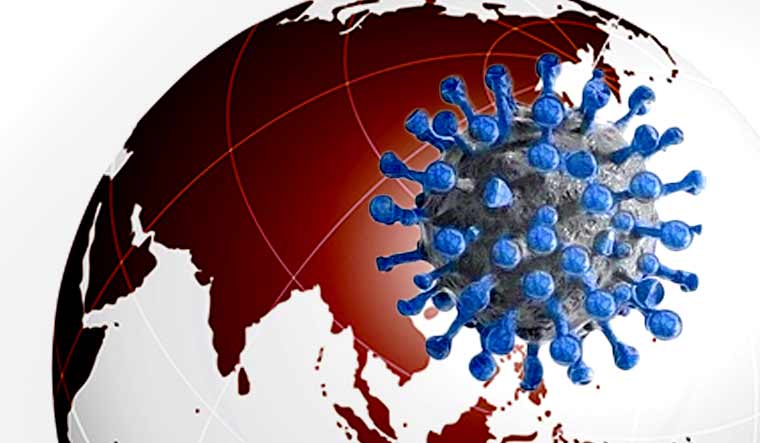Faced with a sharp rise in coronavirus cases, Bangkok, the Thai capital on Sunday announced a ban on indoor dining and gatherings of more than 20 people, in addition to the closure of construction sites and the sealing off of workers' quarters in Bangkok and nine other provinces.
The measures will remain for 30 days.
The situation has become critical as the number of hospital beds in Bangkok for seriously ill COVID-19 patients runs short despite the creation of several field hospitals. Prime Minister Prayuth Chan-Ocha said Friday that a proposal for a seven-day curfew for all of Bangkok has been rejected for the time being.
Travellers from the 10 provinces, including Bangkok, will be isolated and quarantined.
Authorities, meanwhile, are planning to go ahead with a plan to allow fully vaccinated foreign tourists to visit the southern resort island of Phuket without undergoing a 14-day quarantine that is otherwise mandatory.
Sydney in Australia entered a two-week closure on Saturday to mitigate a sudden increase in coronavirus cases, and Russia's St. Petersburg reported a record number of deaths—107. European nations lifted restrictions despite the worldwide spread of the highly contagious variant of COVID-19.
The UK on Friday reported an increase of coronavirus cases owing to the Delta variant by 35,204 since last week.
While vaccination has led to a decrease in infections in many - mostly rich - countries, the rise of the Delta variant has raised concerns about new waves of the virus.
Bangladesh announced that a new lockdown would be imposed Monday onwards, where offices would be shut for a week only medical-related transport will be allowed.
Owing to ‘multiple outbreaks’ in Australia, New Zealand announced a three-day suspension of its quarantine-free travel arrangement with its neighbour.
Worldwide, however, the pandemic is slowing down. But, concerns over the Delta variant is causing countries to impose new restrictions.
Since mid-June, Russia has seen a surge in new cases caused by the Delta variant, which has now spread to Europe.
However, Spain, on Saturday, ended the outdoors mask-wearing mandate on Saturday, a large cluster of coronavirus cases was detected in Madrid, following which over 2,000 people were asked to self-isolate.
"The Delta variant is even more transmissible," Dr Van Kherkove said, adding that the WHO is seeing trajectories of incidents that are almost "vertical" in a number of countries around the world. "All of these actions have consequences and the Delta variant is spreading readily among people who are unvaccinated," Dr Van Kherkove said. She underlined that COVID-19 vaccines are "incredibly effective" at preventing severe disease and death, including against the Delta variant.
Experts have said that more than 80 per cent of the population will need to be vaccinated to cope with it-- a challenging target even for nations with major vaccination programs.
Israel, which has one of the most successful vaccination rollouts in the world, has seen a sharp rise in infections associated with easing masking restrictions in closed public places 10 days ago.
--With PTI inputs.




